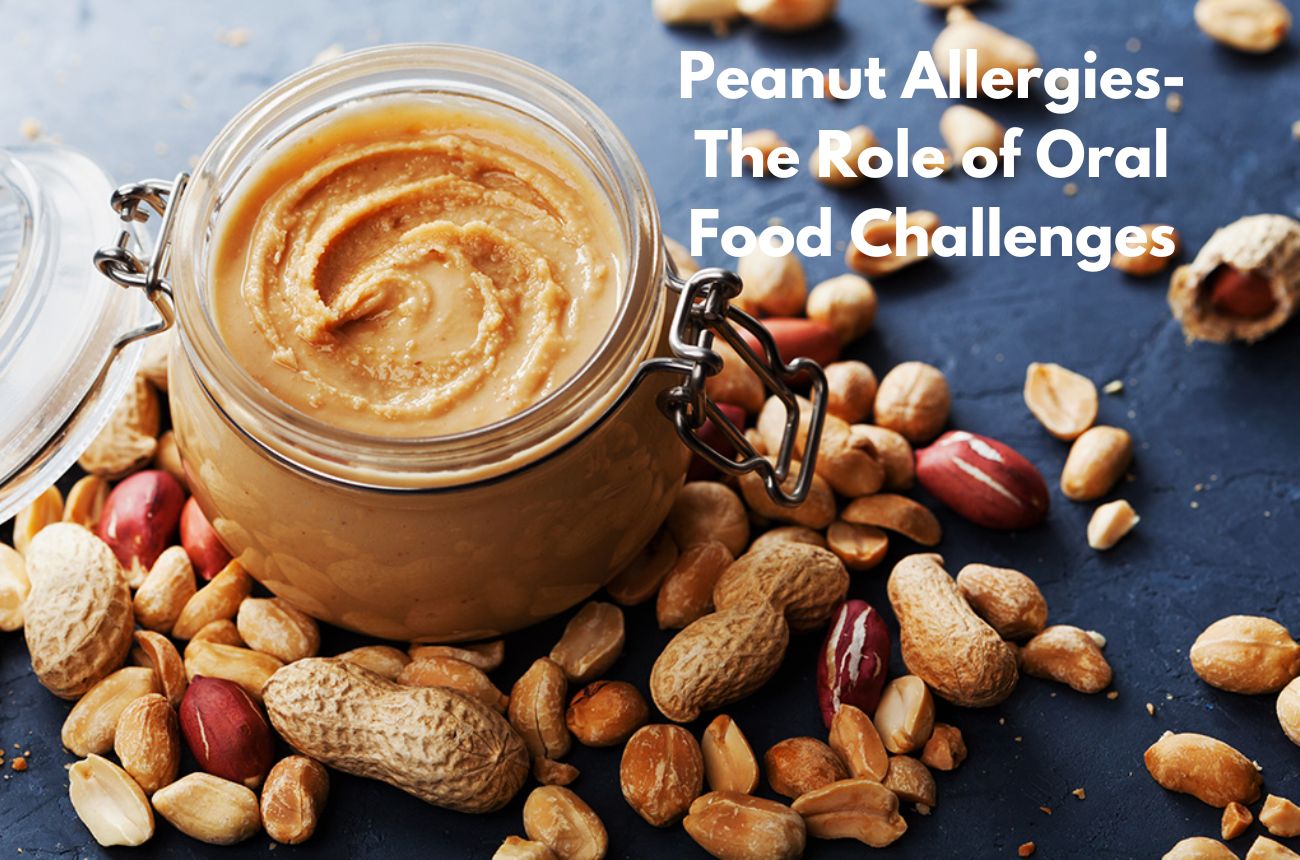Peanuts are legumes, hailing from the same family as beans, peas, and lentils; that is why they are widespread in various meals like peanut butter, confectionery or snacks. Notably, in certain individuals, peanuts may trigger severe hypersensitivity.
Peanut Allergy
A peanut allergy is a body’s immune system reaction as a response towards any intake of a peanut. If people who suffer from a peanut allergy do eat peanuts, their immune system will react by producing chemicals like histamine that eventually go to the blood vessels associated with it, hence causing allergies. These allergies present themselves with several things in common however they differ depending on many factors such as where they are experienced or a person’s age.
Mild allergic reactions to peanuts may be experienced within seconds of consuming them. The symptoms can be mild or severe. Some possible mild symptoms include:
Skin rash (hives)
Itching of the mouth and throat
Swelling of the lips, face, or tongue
Nausea, vomiting, or diarrhoea
A peanut allergy that is really bad can be very dangerous and is called anaphylaxis. However, symptoms of anaphylaxis may comprise:
Difficulty breathing
Wheezing
Chest tightness
Rapid heartbeat
Dizziness or lightheadedness
Loss of consciousness
Oral Food Challenge
A peanut allergy can be diagnosed or eliminated by the means of an oral food challenge(OFC) which is a medical procedure. Such a medical setting as a hospital or allergy clinic sees the operation performed by a doctor or allergist.
In an Oral food challenge a patient is given increasing amounts of food containing peanuts. During this test, a physician or an allergist observes the patient to detect possible allergic reactions. If no symptoms develop, it means that the person can eat peanuts without any problems
In case the patient reacts during the challenge, it will be discontinued straight away such that a doctor can address it.
Who Needs an Oral Food Challenge?
An oral food challenge may be advised for an individual who is suspected to be allergic to peanuts yet they have lived without an explicit diagnosis. Blood assays or prick tests are usually used in diagnosing peanut allergies, however they may give false results. It remains critical to conduct an oral food challenge when making a decision that will need more certainty about peanut-related allergies.
Someone who has outgrown a peanut allergy may also need an oral food challenge. This is because other than just children can grow out of their peanut allergies, and an OFC will help in knowing if it’s okay for them to resume peanut consumption.
Risks and Benefits of an Oral Food Challenge
Of course, they are generally safe when done under medical supervision in a medical setting. Despite this fact, an individual might have an allergic response that is harmful sometimes around the time when performing this procedure.
The benefits of an OFC include:
- A more definitive diagnosis of a peanut allergy
- The ability to safely introduce peanuts into the diet if the challenge is negative
- The ability to determine if a child has outgrown a peanut allergy
The risks of an OFC include:
- A mild allergic reaction
- A severe allergic reaction (anaphylaxis)
If you suspect peanut allergy in yourself or your child, consult a physician or an allergist for tests and diagnosis.





One thought on “Understanding Peanut Allergies: The Role of Oral Food Challenges”
Comments are closed.